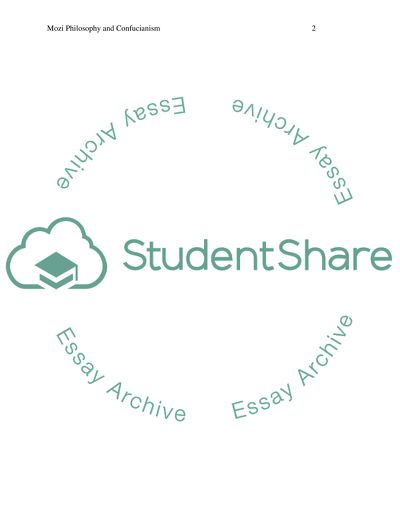Cite this document
(“To what extend does Mozi's philosophy conflicts with the Confucianism Essay”, n.d.)
To what extend does Mozi's philosophy conflicts with the Confucianism Essay. Retrieved from https://studentshare.org/philosophy/1625933-to-what-extend-does-mozis-philosophy-conflicts-with-the-confucianism
To what extend does Mozi's philosophy conflicts with the Confucianism Essay. Retrieved from https://studentshare.org/philosophy/1625933-to-what-extend-does-mozis-philosophy-conflicts-with-the-confucianism
(To What Extend Does Mozi'S Philosophy Conflicts With the Confucianism Essay)
To What Extend Does Mozi'S Philosophy Conflicts With the Confucianism Essay. https://studentshare.org/philosophy/1625933-to-what-extend-does-mozis-philosophy-conflicts-with-the-confucianism.
To What Extend Does Mozi'S Philosophy Conflicts With the Confucianism Essay. https://studentshare.org/philosophy/1625933-to-what-extend-does-mozis-philosophy-conflicts-with-the-confucianism.
“To What Extend Does Mozi'S Philosophy Conflicts With the Confucianism Essay”, n.d. https://studentshare.org/philosophy/1625933-to-what-extend-does-mozis-philosophy-conflicts-with-the-confucianism.


